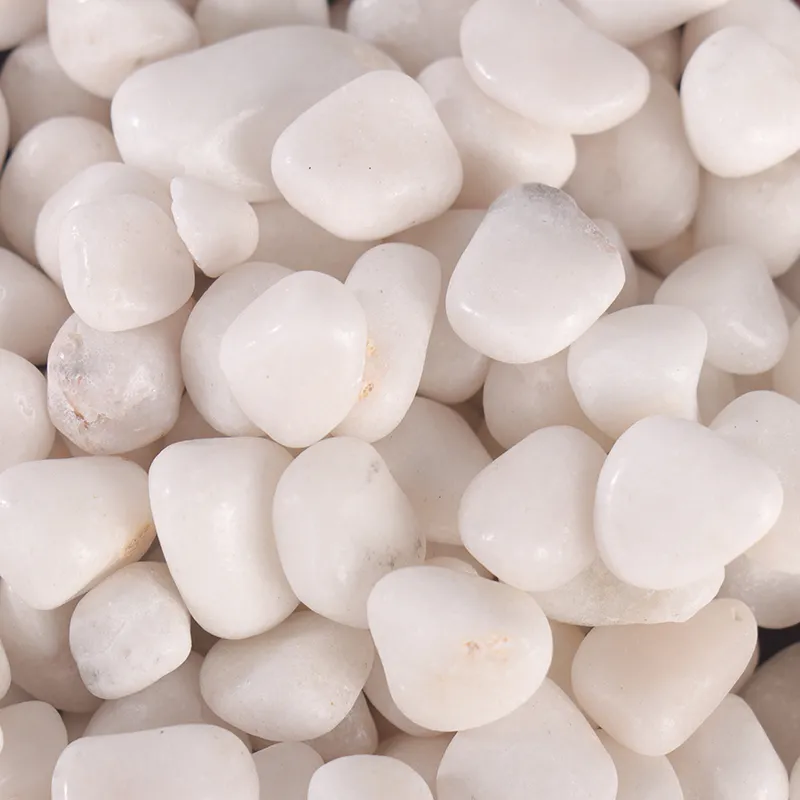10 月 . 16, 2024 05:39 Back to list
Exploring the Charm of Square Cobblestones in Urban Landscapes and Historical Settings
The Charm of Square Cobblestones A Timeless Pathway
In the realm of architectural beauty and urban design, few elements are as quaint and charming as square cobblestones. These meticulously shaped stones have adorned pathways, streets, and plazas for centuries, offering a glimpse into the past while providing functional surfaces for modern spaces. As cities evolve and change, square cobblestones remain a testament to traditional craftsmanship and enduring aesthetics.
Historically, the use of cobblestones dates back to ancient civilizations. The Romans, known for their engineering prowess, were among the first to utilize rounded and square stones to pave their roads. The durability and stability of these stones made them ideal for accommodating the heavy loads of carts and chariots, ensuring safe passage for both pedestrians and goods. The method of laying down cobblestones paved the way for many cities, allowing commerce and culture to thrive across vast distances.
One of the most appealing aspects of square cobblestones is their versatility. Unlike their rounded counterparts, which can create uneven walking surfaces, square cobblestones provide a flat and stable walking area. This feature has made them a preferred choice for both historical restoration projects and contemporary urban developments. Their uniform shape allows for various patterns and designs, enabling architects and city planners to exercise creativity while maintaining the functionality of the space.
Square cobblestones can be found in numerous applications, ranging from quaint village streets to grand urban squares. They evoke a sense of nostalgia, often transporting visitors back in time to eras when life moved at a slower pace. Strolling down a cobblestone path, one can’t help but feel a connection to the countless footsteps that have trodden similar routes over the ages. The slight unevenness of the stones adds character and charm, reminding us of the imperfections that come with history and age.
square cobblestones

Beyond their aesthetic appeal, square cobblestones offer several practical benefits. They are incredibly durable, capable of withstanding the test of time and the wear and tear of pedestrians and vehicles. Their natural drainage properties allow rainwater to seep between the stones, reducing surface water accumulation and minimizing the risk of flooding. This permeability makes them an environmentally friendly choice for sustainable urban planning, where water runoff can be a significant concern.
Moreover, the maintenance of square cobblestones is relatively straightforward. While they do require periodic cleaning and occasional resetting, their robust nature means that they can last for generations with minimal intervention. This longevity makes them an economically sound choice, especially for cities looking to preserve their historical integrity while investing in practical infrastructure.
However, the charm of square cobblestones is not without its challenges. For individuals with mobility issues, navigating uneven surfaces can be daunting. Cities must consider accessibility when designing walkways and public spaces, balancing aesthetics with functionality for all citizens. By integrating contemporary materials and designs, urban planners can create inclusive environments that honor the past without compromising on present-day needs.
As we move forward into a future of rapid urbanization and development, the role of square cobblestones will likely evolve. While modern materials such as concrete and asphalt dominate the landscape, there is a growing movement towards reinstating traditional paving techniques. Many cities recognize the cultural significance of cobblestones and are increasingly incorporating them into new designs, particularly in pedestrian areas where the goal is to create inviting and accessible spaces.
The charm of square cobblestones transcends mere functionality; they serve as a canvas upon which stories of the past are etched. Each stone holds memories of daily life, commerce, and community interactions, making them an integral part of the urban fabric. As cities continue to grow and adapt, let us not forget the durable beauty and historical significance of square cobblestones, ensuring that they remain a cherished element of our streetscapes for generations to come. So, whether you’re wandering through the narrow streets of a historic town or strolling through a revitalized urban plaza, take a moment to appreciate these remarkable stones beneath your feet – a journey through time captured in their every square inch.
-
Tumbled Nephrite Jade in Feng Shui: How to Attract Balance and Prosperity
NewsOct.18,2024
-
Nephrite Jade in Home Décor: Bringing Earthy Elegance to Your Living Space
NewsOct.18,2024
-
How to Spot Authentic Tumbled Nephrite Jade: A Buyer’s Guide
NewsOct.18,2024
-
Healing Properties of Tumbled Nephrite Jade: A Look into Ancient Wellness Practices
NewsOct.18,2024
-
Ethical Sourcing of Nephrite Jade: Ensuring Sustainable and Fair Trade Practices
NewsOct.18,2024
-
Caring for Your Tumbled Nephrite Jade: Maintenance Tips for Longevity
NewsOct.18,2024






